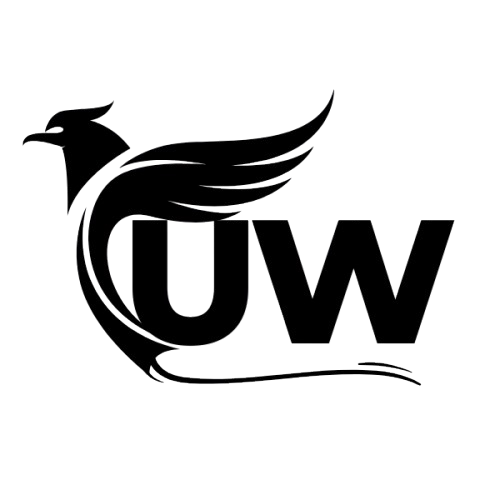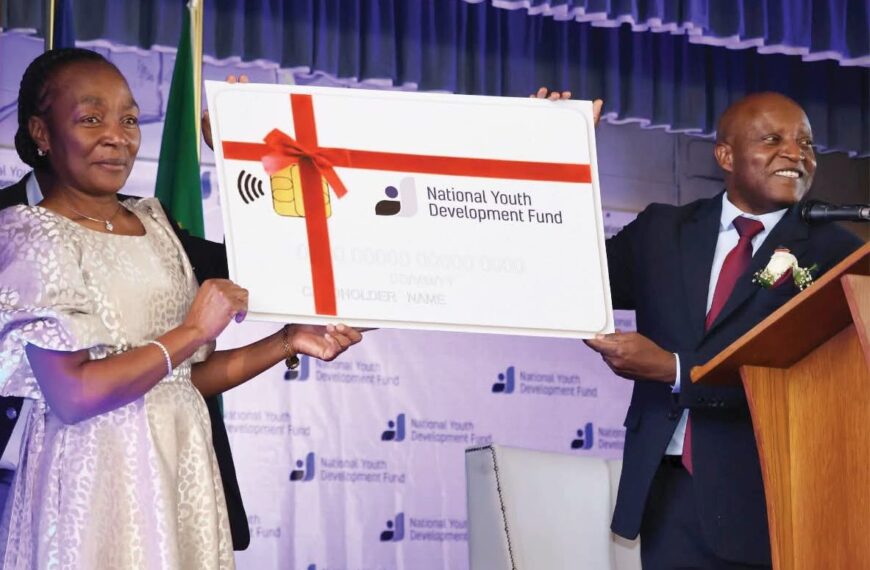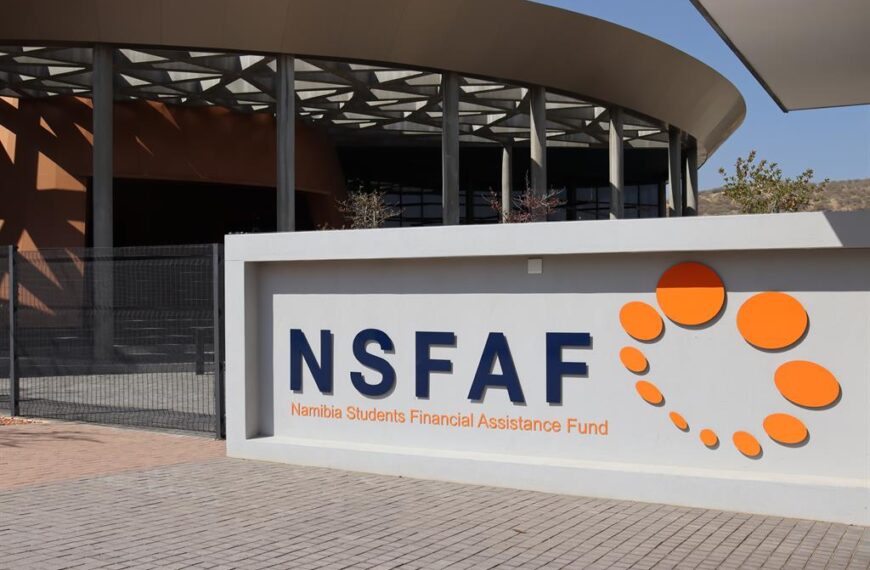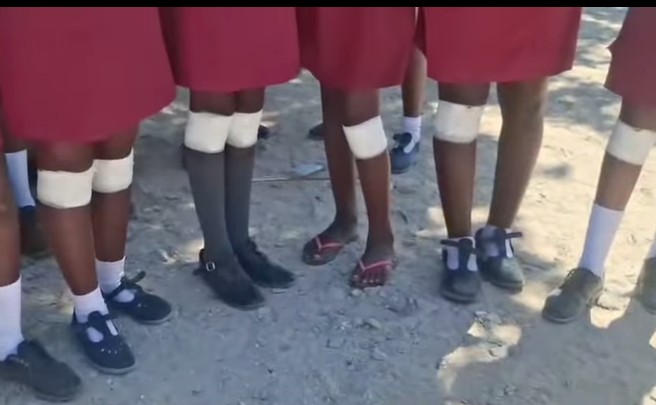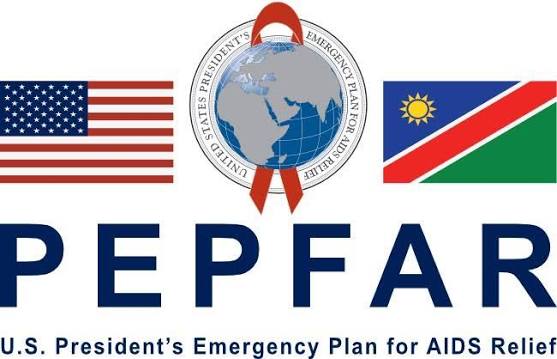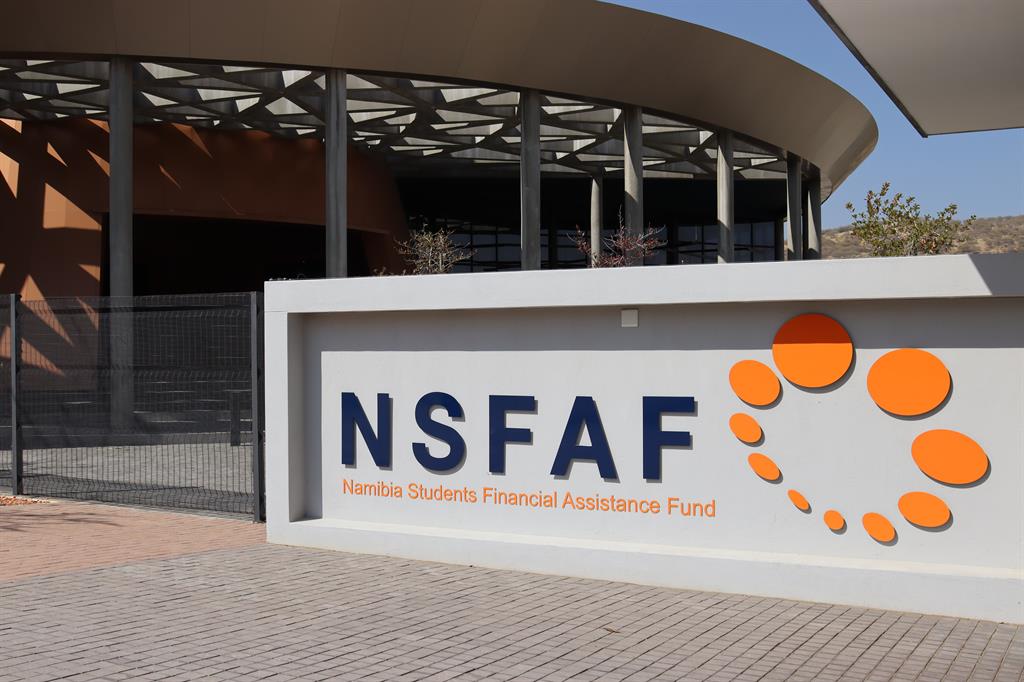
The Namibia Students Financial Assistance Fund (NSFAF) has issued a stern warning to students who owe funds: those who fail to settle their outstanding loans by July risk being reported to registered credit bureaus across the country. This follows a formal notice from NSFAF confirming it will begin submitting credit performance data in compliance with the Credit Bureau Regulations, 2014 (Regulation 22(1)(a) & (c)). The new measure, effective July 2025, marks a stricter approach toward loan defaulters, potentially damaging their future credit standing.
NSFAF states the step aims to promote “transparency, accountability, and responsible credit practices” in the financial sector. However, the inclusion of students with unmatured loans those still in studies has caused alarm. “This listing will affect all debtors, including those with unmatured loans,” the notice reads, urging all NSFAF debtors to update their accounts to avoid negative implications.
Students with outstanding balances may soon face difficulties securing future loans, opening bank accounts, or accessing credit facilities unless payments are brought current. NSFAF encourages those affected to contact its Recovery Department for support.
As the July compliance deadline looms, students and graduates are racing to understand the full implications. Many are calling for clearer communication and more assistance to manage repayments without long-term financial harm. NSFAF’s harder line on repayment signals the government’s determination to reclaim public funds even as it raises concerns about added post-graduation burden.
This warning comes against the backdrop of a major shift in Namibia’s education policy. In her April 24, 2025 State of the Nation Address, President Netumbo Nandi‑Ndaitwah announced that, starting in 2026, the government will fully subsidize tertiary education at public universities and vocational training centres eliminating tuition and registration fees. Two state universities and seven vocational colleges will benefit from this reform, which is meant to address youth unemployment and poverty.
Under this initiative, NSFAF will be reintegrated into the Ministry of Education by October 2025, and a funding model for private institutions is expected by September 2025. Students will still be responsible for accommodation and other living expenses, but the policy is being implemented gradually to ensure sustainability.

